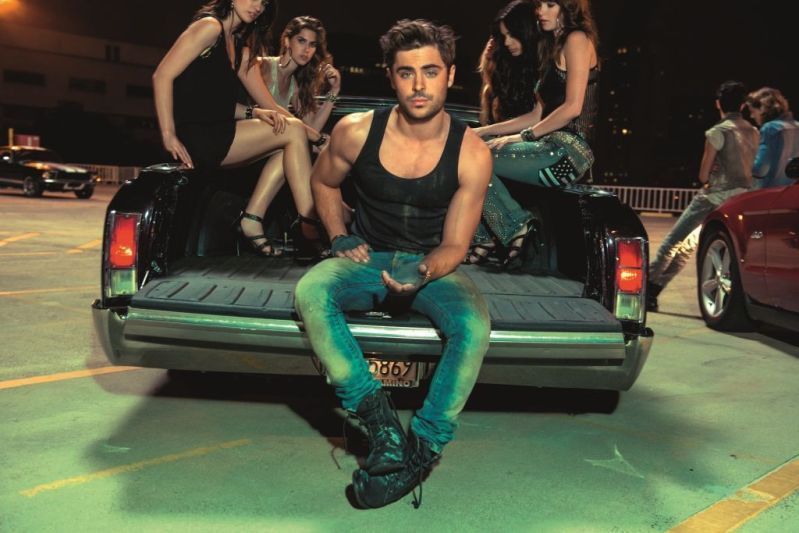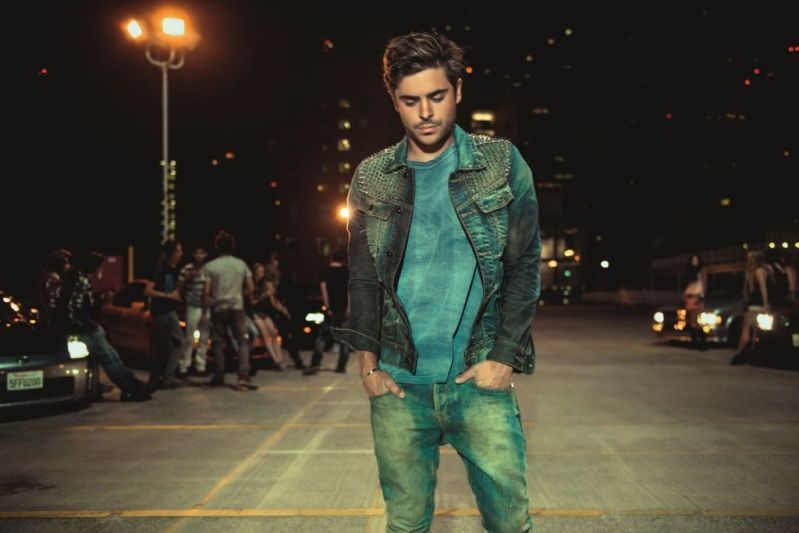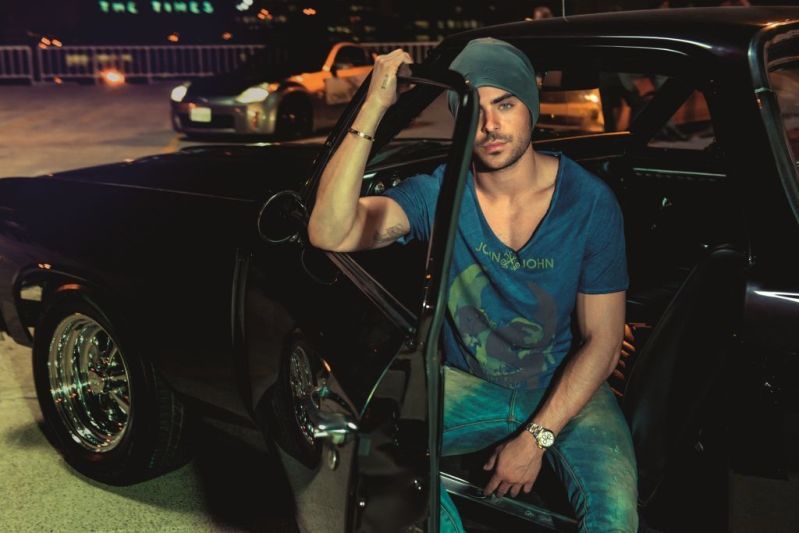J.K. Rowling, Suzanne Collins, Harper Lee, and more: The genre is full of women storytellers.
![]()
Summer is a time for taking stock, for relaxing and recharging, and for intense Internet debate about whether Harry Potter, Katniss Everdeen, or Holden Caulfield reign supreme in the universe of teen fiction. NPR Books just released the results of its reader poll of the
100 Best-Ever Teen novels, with new classics Harry Potter and The Hunger Games topping the list. After painstakingly considering my own nominees, I was struck by the dominance of female authors on my short list, including: Harper Lee, Lucy Maud Montgomery, Suzanne Collins, J.K. Rowling, S.E. Hinton, Betty Smith, and Madeleine L'Engle.
I'm not alone in my regard for the great female storytellers of teen fiction. Nearly all of these authors appear on the NPR list. More than 75,000 votes were cast to cull the list of 235 finalists to the top 100. Also notable:
Of those 235 titles, 147 (or 63 percent) were written by women—a parity that would seem like a minor miracle in some other genres. Female authors took the top three slots, and an approximately equal share of the top 100. As a comparison, you'd have to scroll all the way to number 20 on last summer's Top 100 Science-Fiction and Fantasy list to find a woman's name (Mary Wollstonecraft Shelley).
Although NPR Books called on an expert panel to weigh in on tricky questions of young-adult eligibility, the demographic breakdown of the finalist list was almost entirely driven by reader votes, according to Joe Matazzoni, NPR's senior supervising producer for Arts & Life.
"I think it speaks to readers' interests and it speaks to the nature of this field that it happened to come out that way," said Matazzoni, who also noted that the choices seemed to represent both the target teen demographic, as well as the adult readers that have fervently embraced YA lit. "It's an impressive show of enthusiasm."
If the results of the NPR poll are a reflection of the reading populace, the YA world is a place of relative harmony compared to the battle of the sexes being waged in adult fiction. After chick-lit purveyors
Jennifer Weiner and Jodi Picoult raised the call about the disparity between books by male authors and books by female authors being reviewed in the New York Times Book Review, Ruth Franklin at The New Republic did her own analysis of the literary glass ceiling. The results are dismaying:
after reviewing catalogs from 13 large and small publishing houses (and eliminating genre titles unlikely to be reviewed),
she found that only one came close to gender parity, while the majority had 25 percent or fewer titles written by women.
Meanwhile, to the consternation of some men in the field,
the YA genre tends to favor female authors and audiences. And at least commercially, teen fiction is crushing almost everyone else. Three of the biggest book-to-movie franchises of the last decade (Harry Potter, Twilight, The Hunger Games) are YA series penned by women. According to an annual report by the Association of American Publishers, Children's/YA ranked as the fastest growing category in publishing in 2011. While teen titles may never reach the upper echelons of critical adulation bestowed on the latest Jonathan Franzen novel, the phenomenal popularity makes it increasingly difficult to marginalize the genre.
Plenty of theories have been floated to explain YA's surge, particularly among adult readers. Some attribute it to ingenious marketing or to the childlike simplicity of the plots, suggesting that the craze is a distressing symptom of a reading public congenitally adverse to nuance. Matazzoni proposes that for adult readers, nostalgia plays an important role: "Readers have fond memories of being curled up with a book, in the summertime especially. Memories are what we believe people are tapping into, and the opportunity to share the books they love."
He has a point. Even as teen fiction has become increasingly complex
(lol) and dystopian, the genre comfortingly harkens to a time when reading was an act of pure joy and escapism. I've read a lot of wonderful books in my lifetime, but I don't know that I've loved any of the novels I've read as an adult with the intensity that I loved the stories of adolescence--
nor found such a wealth of female protagonists in their pages. YA lit offers heroines to suit every mercurial mood and developmental stage, from spunky, disaster-prone Anne Shirley to dreamy, bookish Francie Nolan and the modern ass-kicking incarnation of Katniss Everdeen.And perhaps, therein lies the true appeal of young adult literature: The stories and the genre itself represent a world of limitless potential. As a young reader, I didn't comprehend that the opportunity to disappear into the lives and adventures of strong-willed young women represented a kind of feminist victory. I was blissfully unconcerned with the gender of my favorite authors, or what reviewers might think of my beloved fictional worlds. So profound was my naïveté, I didn't even realize that novels written by women were supposed to have hot pink covers bedazzled with shopping bags and high heels.
This isn't to suggest that teen fiction is a literary utopia. The preponderance of white, straight characters is certainly troubling. Judy Blume books have been banned over the years for tackling incendiary topics like menstruation. It hardly seems like an accident that some female authors including S.E. Hinton and J.K. Rowling write under the gender-neutral guise of their initials. But perhaps because of its current extreme trendiness, the genre seems to have transcended some of the critical and gender snobbery plaguing adult lit--as a frequent rider of public transportation, I can say anecdotally that you're far more likely to see an adult male reading The Hunger Games than any book with a teacup on its cover.
The best young-adult books provide a portal to characters and perspectives that simply aren't as readily available on the adult reading lists, and the passionate support for beloved titles and authors of both genders indicates that the need for these stories aren't going anywhere. Any grown-ups who haven't yet figured this out should get a clue.
SOURCEBook post ya'll














































